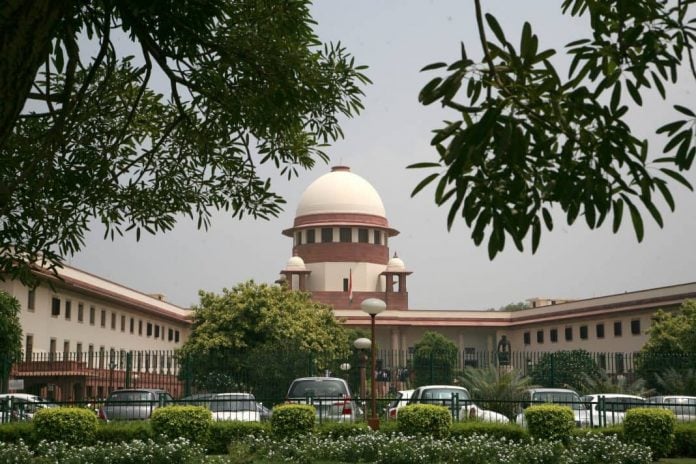New Delhi (ILNS): In a notable judgment delivered today, the Supreme Court laid down guidelines for determining the quantum of interim maintenance to be awarded during the pendency of matrimonial matters. A bench comprising Justices Indu Malhotra and Subash Reddy pronounced the verdict while hearing a case from Maharashtra which was dealing with the .issue of maintenance to be paid to a wife and son under S 125 CrPC.
The order will apply to lower courts, such as family courts, district courts, and magistrate’s courts. The idea of the order was to bring uniformity in judgments in different cases.
The issue had been in force since September 1, 2017, when the court had appointed Senior Advocates Gopal Sankaranarayanan and Anitha Shenoy as amicus curiae. The two attorneys helped the court in arriving at a decision on several matters, such as the payment of interim maintenance, on what basis would the maintenance amount be decided, how to avoid overlapping jurisdiction, and such other important issues.
In the payment of interim maintenance, the court has decided that disclosure of assets and liabilities should be filed by both parties. This precondition should be uniform throughout the country for all courts.
This will lead to determining the amount of maintenance to be paid. Apart from the above requirements, the court in question can also ask for other documents to be filed as and when required to arrive at a figure.
The issue of overlapping jurisdiction, in which orders from different courts could be different in nature, would also be required felt the top court. This can be handled through some methods. For example, in cases of successive claims for maintenance, coming in under different statutes, courts will have to adjust or set off the amount awarded in a previous proceeding. The next award of maintenance, thus, will account for past awards.
Also Read: Bombay High Court denies bail to promoters of DHFL, accused in Yes Bank money laundering case
For this, full disclosure of past awards from another court or the same court will have to be made by the parties.
All such orders would be executed U/S 28A of the Hindu Marriage Act, Section 20(6) of the Domestic Violence Act or Section 128 of CrPC.
-India Legal Bureau



Comments are closed.